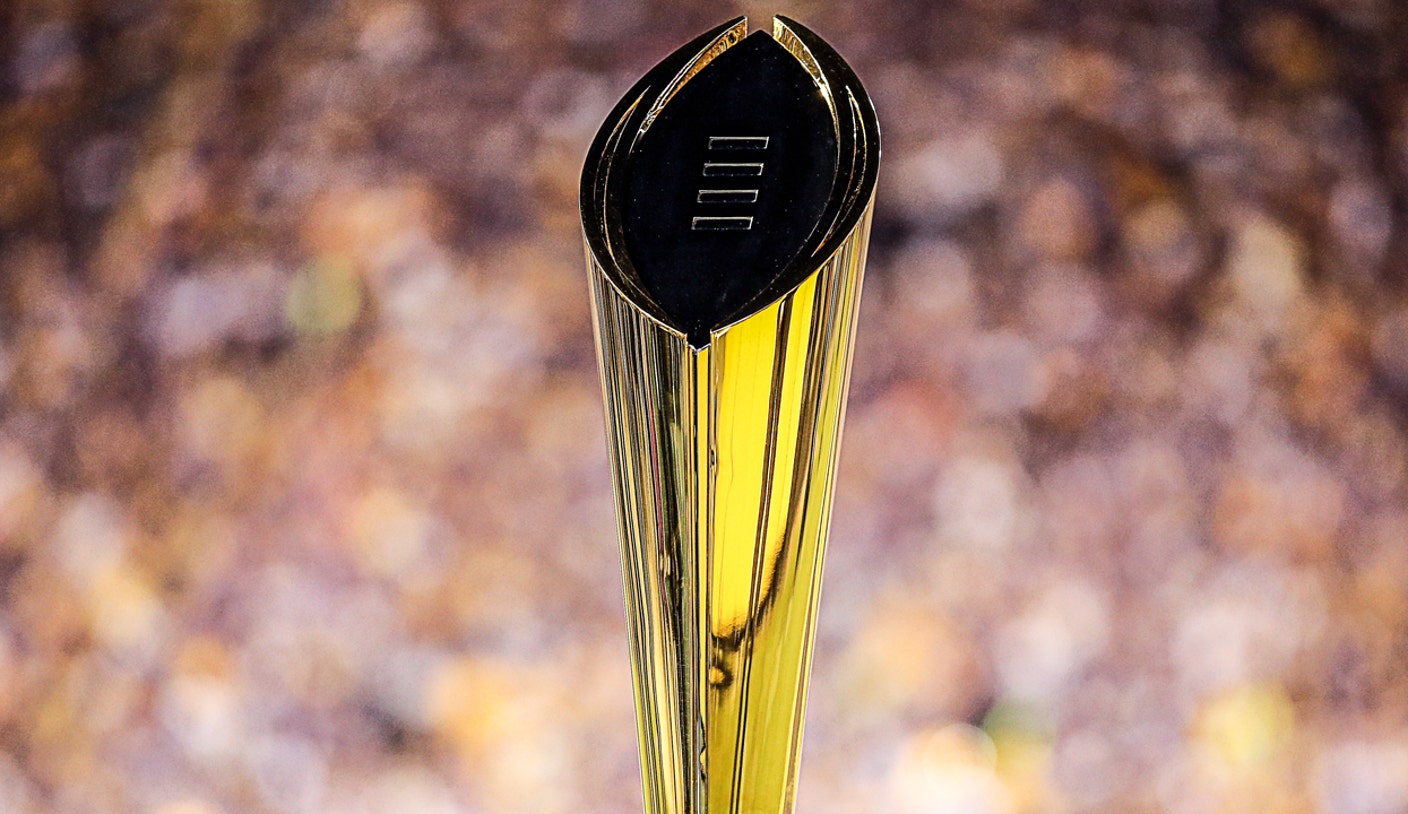
However, while they remain negative, both EBITDA and operating profit increased year-on-year, rising to SEK -6.3m and SEK -9.2m respectively.
Likewise, Scout experienced a modest bump in its earnings per share from SEK -700,000 to SEK -600,000, though this can largely be credited to a drop in overall share numbers from 20,536,654 to 22,520,047.
Scout CEO Andreas Ternstrom attributed his company’s downward-trending performance in regard to revenue to “very strong development” in Q3 2020 when the company benefitted from a “condensed calendar” of sporting events. He commented that this was partially offset due to its improved EBITDA resulting from lower marketing costs.
“The operator index was unchanged compared with the previous year, which is primarily due to a very strong development during the third quarter of 2020 when the group benefited from the condensed calendar of sporting events after Covid-related disruptions — there have not been as many fantasy-related, playable events in the third quarter,” remarked Ternstrom.
“Compared with the third quarter of 2019, the index increased by 168%. Revenues were negatively affected in relation to last year for the reasons mentioned above. As a result, however, we had lower marketing costs during the quarter, which in turn resulted in an improved EBITDA compared to previous year.”
Q3 2021 was also a fairly active period for Scout Gaming. It launched its fantasy software in a “social gaming” version and signed three agreements in the US market.
All-in-all, the company’s revenues for the first nine months of the year amount to SEK 39.5m, up from SEK 30m for the same period in 2020.



